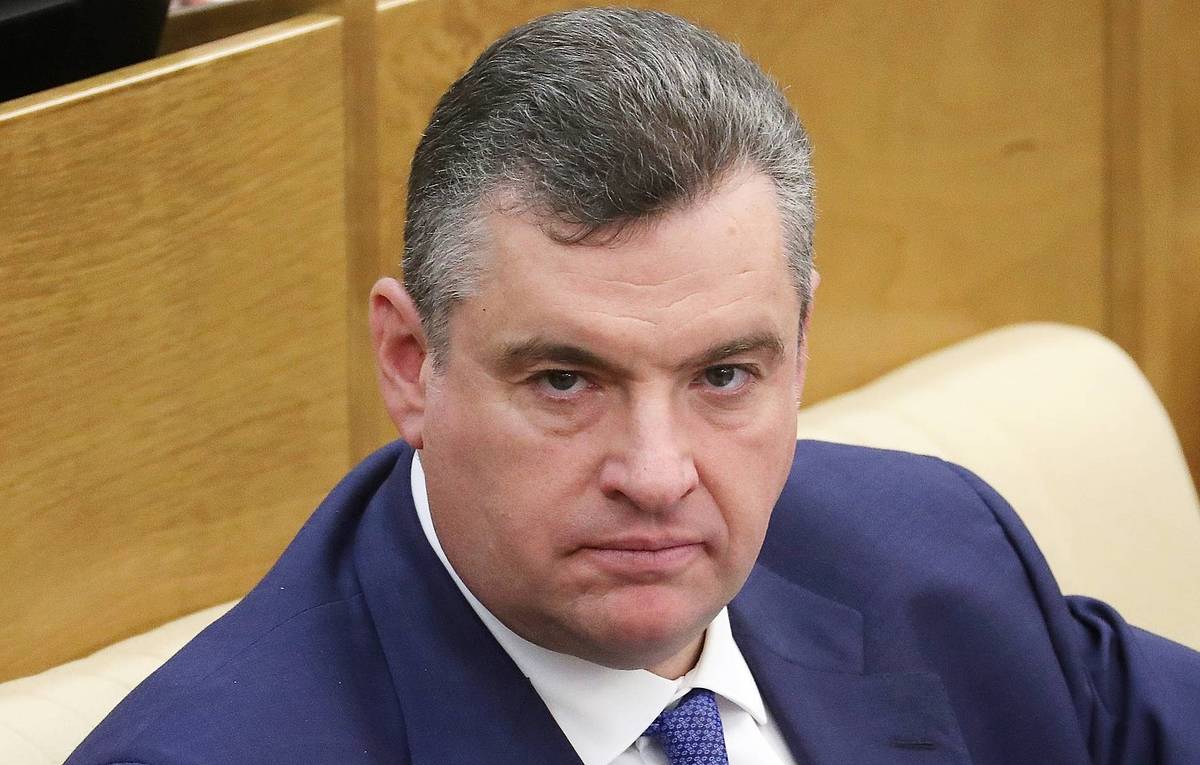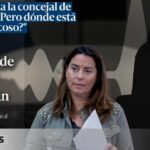
The president of the Russian state-owned international affairs committee, Leonid Slutsky, said Moscow on Monday is ready to respond in proportionate to any threat from the North Atlantic Treaty Organization (NATO). The statements were published by the Russian state agency Tass.
Slutsky, which also leads Russia’s Democratic Liberal Party (LDPR), harshly criticized the recent lines of NATO’s new secretary-general Mark Rutte.
The Dutch politician disregarded the relevance of the negotiations between Russia and Ukraine held in Istanbul, calling them “not serious.” In response, Slutsky stated that this stance reveals the West rejection of seeking diplomatic solutions to the conflict.
“What does NATO’s ‘strategist’ mean by claiming that he awaits ‘serious conversations’? As usual in the West, he is not betting on political-diplomatic mechanisms, but rather to coercion by force,” the Russian deputy wrote on his telegram channel.
Criticism arises in a moment of growing tension between Moscow and the Western Military Alliance. For Slutsky, conversations in Istanbul represent a legitimate way of negotiation and should be taken into consideration. “Negotiations in Istanbul represent a real opportunity to cease hostilities, save lives and achieve resolution,” he said.
The parliamentarian also evaluated that the situation on the battlefield has worsened for Kiev and that western discourse to disqualify dialogue only weakens the Ukrainian government. “Repeat that negotiations are not serious, as Western politicians say, it is a shot in the foot of the Kiev regime,” he said.
Slutsky also accused NATO of supporting a Ukrainian government that, according to him, would be based on “hatred armed with Russia and neo -Nazi.” “NATO’s bravado will not be able to save the Ukrainian regime, which embarked on a path of armed Russophobia and thus called its own self -destruction mechanism,” he added.
The parliamentarian’s statements occur amid the continuity of prisoners’ exchanges between Russia and Ukraine. After two rounds of negotiations held in Türkiye, the two countries reached an agreement for a large -scale exchange on the “1,000 per 1,000” model. The arrangement includes severely injured prisoners, military personnel under 25 and other detainees classified into special categories under the principle of “all for all.”
Throughout the 9th, 10th, 12th and 14th of June, Russia repatrized four groups of soldiers that had been captured by the Ukrainian forces. Equivalently, Ukraine received fighters back in similar number. This bilateral movement has been one of the few points of convergence between the two sides since the beginning of the conflict in February 2022.
Another aspect highlighted by the Russian authorities is the return of bodies of dead military personnel. Moscow claims to have returned 6,060 bodies of Ukrainian soldiers and received, in return, 78 bodies of Russian combatants. The information is part of a joint effort for the repatriation of remains, although the numerical imbalance in exchange has generated divergent reactions in both countries.
Slutsky’s pronouncement also occurs after Mark Rutte’s inauguration as the new NATO Secretary-General. Rutte takes the post at a time of intensification of the alliance’s military exercises in Eastern Europe and growing pressure from some Member States to increase military support to Kiev. The speeches of the Russian politician reinforce Moscow’s position that the West would be betting on the extension of the conflict rather than seeking a negotiated outcome.
Although he has not announced specific measures, Slutsky reiterated that Russia is ready to act based on proportionality in the face of any NATO initiative that is perceived as a direct threat. Rhetoric follows the official position of the Russian government, which in recent months has warned of what it considers a climb of the military alliance towards the Russian borders.
The Russian parliamentarian’s speech also highlights the difficulty of resuming broader political negotiations, in a scenario marked by mutual distrust and reciprocal accusations. The conversations in Istanbul, held in the first half of the conflict, were interrupted without a concrete agreement. Since then, initiatives mediated by third countries have faced obstacles by both Moscow and Kiev and his allies.
For now, the exchange of prisoners follows as one of the few dialogue channels between the two countries. The Russian government has signaled the willingness to maintain this kind of humanitarian negotiation, but insists that any lasting advance depends on the change of posture by Western countries.
Meanwhile, clashes in the military field continue, and the political positions between Russia and NATO seem increasingly distant.
Source: https://www.ocafezinho.com/2025/06/25/russia-ameaca-resposta-proporcional-a-otan-apos-criticas-de-novo-chefe-da-alianca/

